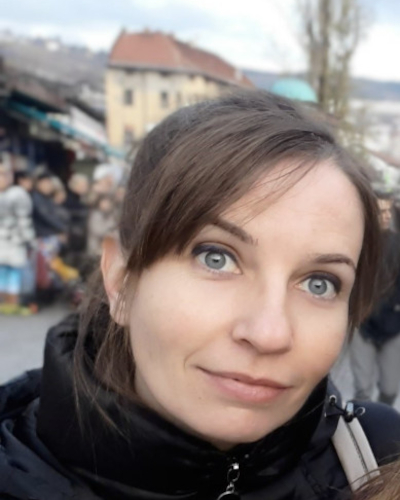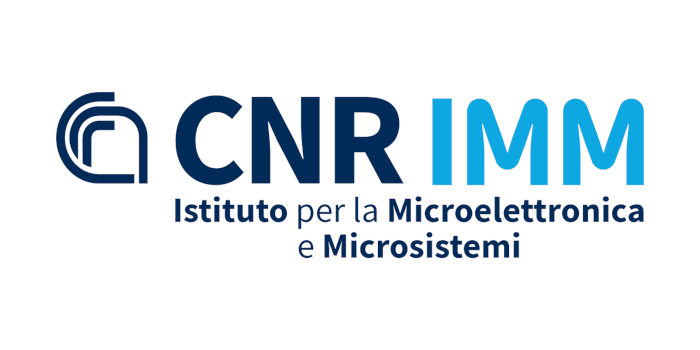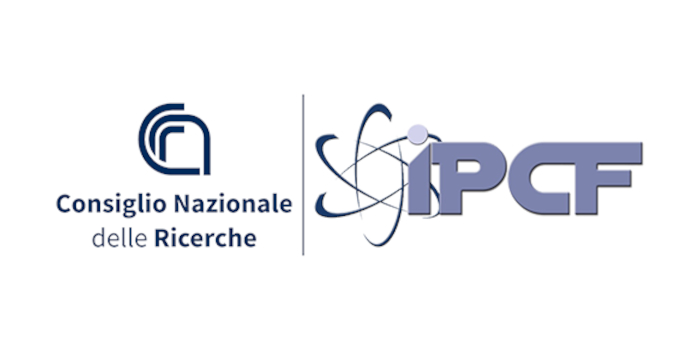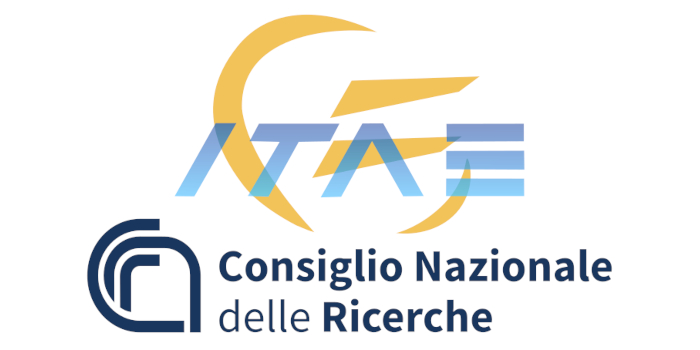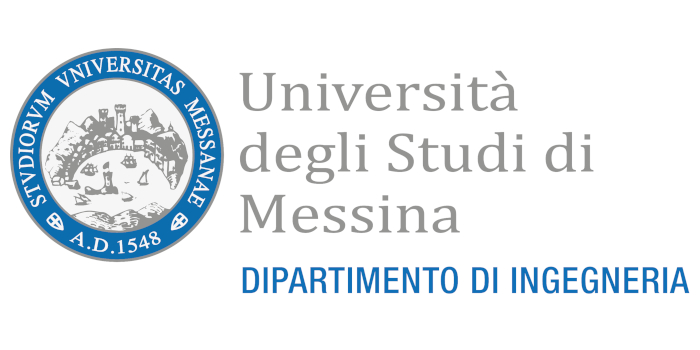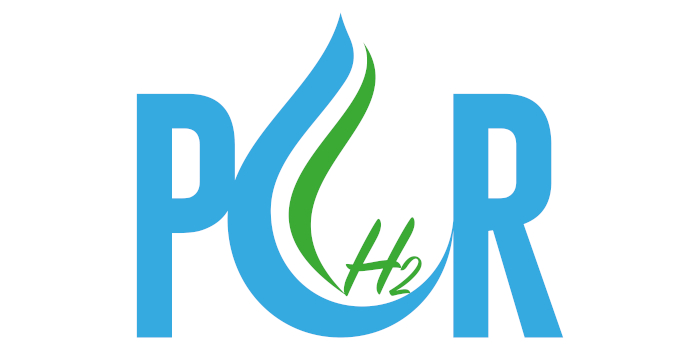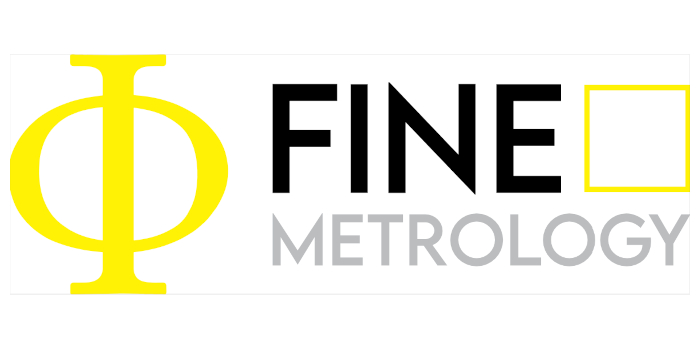SPECIAL SESSION #5
Green Materials and Smart Sensing: Innovations for Circular Economy and Precision Agriculture
ORGANIZED BY
Pier Paolo Capra
National Institute of Metrological Research, Italy
Slavica Matić
University of Palermo, Italy
Giovanna Gautier di Confiengo
Institute of Sciences and Technologies for Sustainable Energy and Mobility - National Research Council, Italy
Maria Giulia Faga
Institute of Sciences and Technologies for Sustainable Energy and Mobility - National Research Council, Italy
Donatella Duraccio
Institute of Sciences and Technologies for Sustainable Energy and Mobility - National Research Council, Italy
ABSTRACT
The transition towards a sustainable future requires innovative approaches in resource management, material development, and environmental monitoring. The exponential increase in global waste, particularly from agro-industrial activities, poses significant environmental challenges, contributing to soil degradation, water contamination, and atmospheric pollution. At the same time, this waste represents a largely untapped resource that, if properly processed, can be transformed into valuable materials for a wide range of applications, including health, catalysis, and energy. The development of sustainable methodologies for the recovery and reuse of these by-products is a key element in the transition to a circular economy.
In parallel, advancements in sensing technologies and metrology play a crucial role in ensuring the reliability and efficiency of sustainable solutions. Precision agriculture, for instance, benefits from innovative sensors capable of monitoring plant health, soil composition, and environmental conditions, enabling more efficient resource use and reducing ecological impact. Accurate metrological characterization of these materials and technologies is essential to validate their performance, optimize their applications, and facilitate their adoption in real-world scenarios.
This special session will explore interdisciplinary approaches that integrate material science, precision agriculture, and metrology to develop sustainable technologies. Contributions will span from fundamental research to applied development, covering experimental studies, field applications, and validation methodologies. By fostering dialogue among researchers, technologists, and industry professionals, the session aims to bridge gaps between disciplines, accelerating the adoption of innovative, eco-friendly solutions.
SUGGESTED TOPICS
- Circular Economy in Material Science – Development of materials from agro-industrial waste for industrial applications (health, catalysis, energy, etc.).
- Green Synthesis and Waste Valorization – Sustainable methodologies to convert plant-derived waste into functional materials with controlled properties.
- Sensing Technologies for Precision Agriculture – Monitoring plant health, soil conditions, and environmental factors using advanced sensors.
- Metrology for Sustainable Technologies – Measurement science in validating eco-friendly solutions and improving energy efficiency.
- Characterization of Green Materials – Metrological methodologies for analyzing electrical, mechanical, and functional properties.
- Additive Manufacturing and Recycling – Use of agricultural and agro/food and forest sidestreams waste in manufacturing and material synthesis.
- Interdisciplinary Approaches to Sustainability – Bridging material science, metrology, and environmental monitoring for innovative solutions.
- Experimental Studies and Validation Methods – Field applications, performance evaluation, and reliability assessment of sustainable technologies.
ABOUT THE ORGANIZERS
Pier Paolo Capra received his M.S. degree in Physics from the University of Turin in 1996 and his Ph.D. from the Politecnico di Torino in 2012. In 1987, he joined the Istituto Elettrotecnico Nazionale Galileo Ferraris in Turin (which merged into the Istituto Nazionale di Ricerca Metrologica - INRIM - in 2006), where he worked on high-precision measurements of DC voltage and electrical resistance. Since 2006, he has been responsible for the national standard of electrical resistance, and since 2015, he has been leading the Electrical and Electronic Measurements Department at INRIM.
Slavica Matić, associated professor of Plant Pathology at University of Palermo, Department Of Agricultural, Food And Forest Sciences. The research of Prof. Matic focuses on innovative precision and non-destructive diagnostics of plant pathogens in Agricultural and Forestry field, in particular LAMP, NIR and Raman spectroscopy and eNose with portable and sustainable instruments. She is co-author of 145 publications in peer review international journals and participant in numerous national and international multidisciplinary research projects.
Giovanna Gautier di Confiengo is a researcher at Institute of Sciences and Technologies for Sustainable Energy and Mobility (STEMS) of the National Research Council (CNR). She graduated in Industrial Chemistry and received Ph.D in Systems Engineering for Industrial Production. Her research activity is mainly related to mechanical, tribological and microstructural characterization of samples both massive and in the form of coatings. Her research interests include the synthesis of nanoparticles obtained by green synthesis.
Maria Giulia Faga, senior researcher and responsible for the Turin Branch of Institute of Sciences and Technologies for Sustainable Energy and Mobility (STEMS) of the National Research Council (CNR). Her research activity involves the mechanical, microstructural, and tribological characterization of materials for applications ranging from biomedical to mechanical (main). In recent years, research activity has focused particularly on the study of sustainable manufacturing processes, such as additive manufacturing and the use of scrap for component production.
Donatella Duraccio is a researcher at the CNR-STEMS. Her research activity is focused on the development of polymer composite materials containing various second phases, and on the study of their chemical-physical, thermal, mechanical, and tribological properties for different applications. Currently, she is involved in the recovering of components with both functional and structural properties from organic wastes or byproducts, such as agricultural residues, wood wastes, or other plant materials, and in their conversion into high-added-value functional materials.



